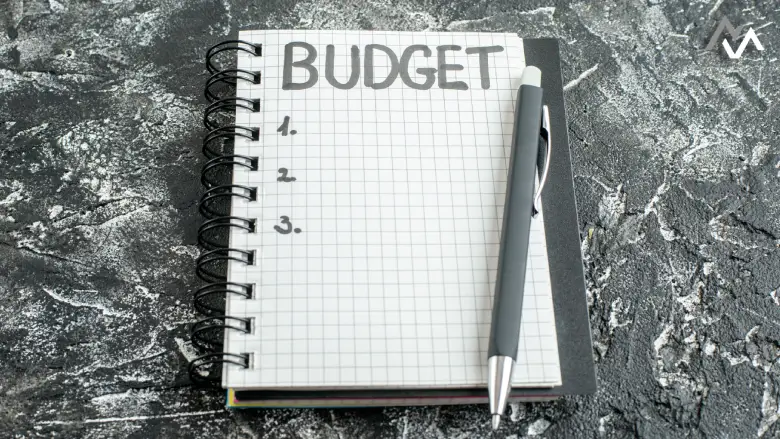Finance
Mastering Budgeting: A Guide to Financial Health

Creating a budget is a fundamental step towards achieving financial stability and reaching your financial goals. Here’s how you can budget effectively:
Steps to Creating a Successful Budget:
- Track Your Income:
- Start by documenting all sources of income. This includes your salary, freelance work, investment returns, and any other sources of regular income.
- List Your Expenses:
- Make a comprehensive list of all your monthly expenses. Categorize them into fixed expenses (rent, utilities) and variable expenses (groceries, entertainment). This helps in understanding where your money is going.
- Set Financial Goals:
- Define clear short-term and long-term financial goals. Whether it’s saving for a vacation, building an emergency fund, or planning for retirement, having goals gives your budget a purpose.
- Create a Plan:
- Allocate your income towards expenses, savings, and debt repayments. Use the 50/30/20 rule as a guideline: 50% for needs, 30% for wants, and 20% for savings and debt repayment.
- Adjust and Monitor:
- Regularly review your budget to ensure you are on track. Adjust your spending habits if necessary to stay aligned with your financial goals.
- Utilize Budgeting Tools:
- Leverage budgeting apps and tools to automate tracking and get a clear picture of your financial health. These tools can simplify the process and help you stick to your budget.
Tips for Effective Budgeting:
- Prioritize Debt Repayment:
- High-interest debts should be prioritized. Allocate extra funds towards paying off these debts to save money on interest in the long run.
- Build an Emergency Fund:
- Set aside funds for unexpected expenses. An emergency fund can prevent you from falling into debt during unforeseen circumstances.
- Cut Unnecessary Expenses:
- Identify and eliminate non-essential expenses. This could include dining out less frequently or canceling unused subscriptions.
- Review Regularly:
- A budget is not a set-it-and-forget-it tool. Review and adjust it regularly to reflect changes in your financial situation and goals.




